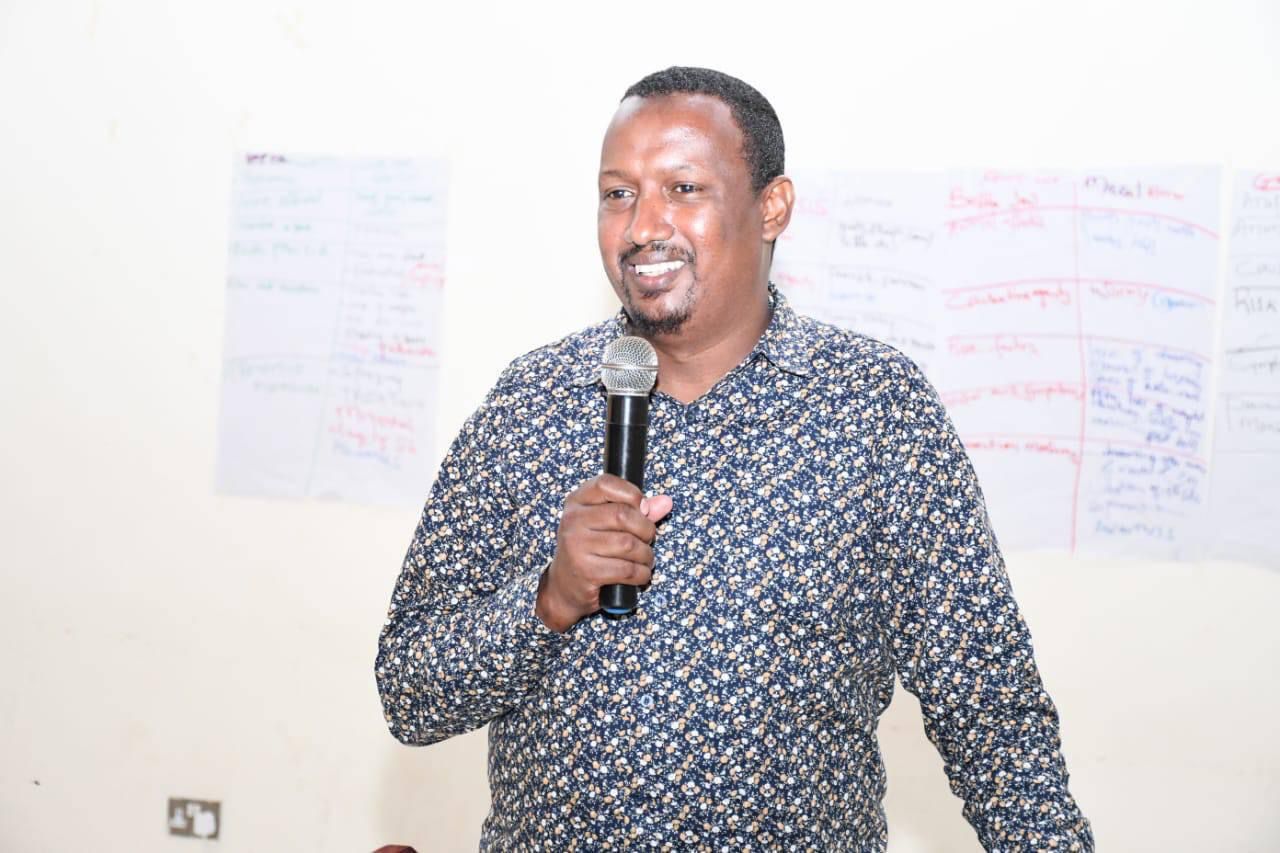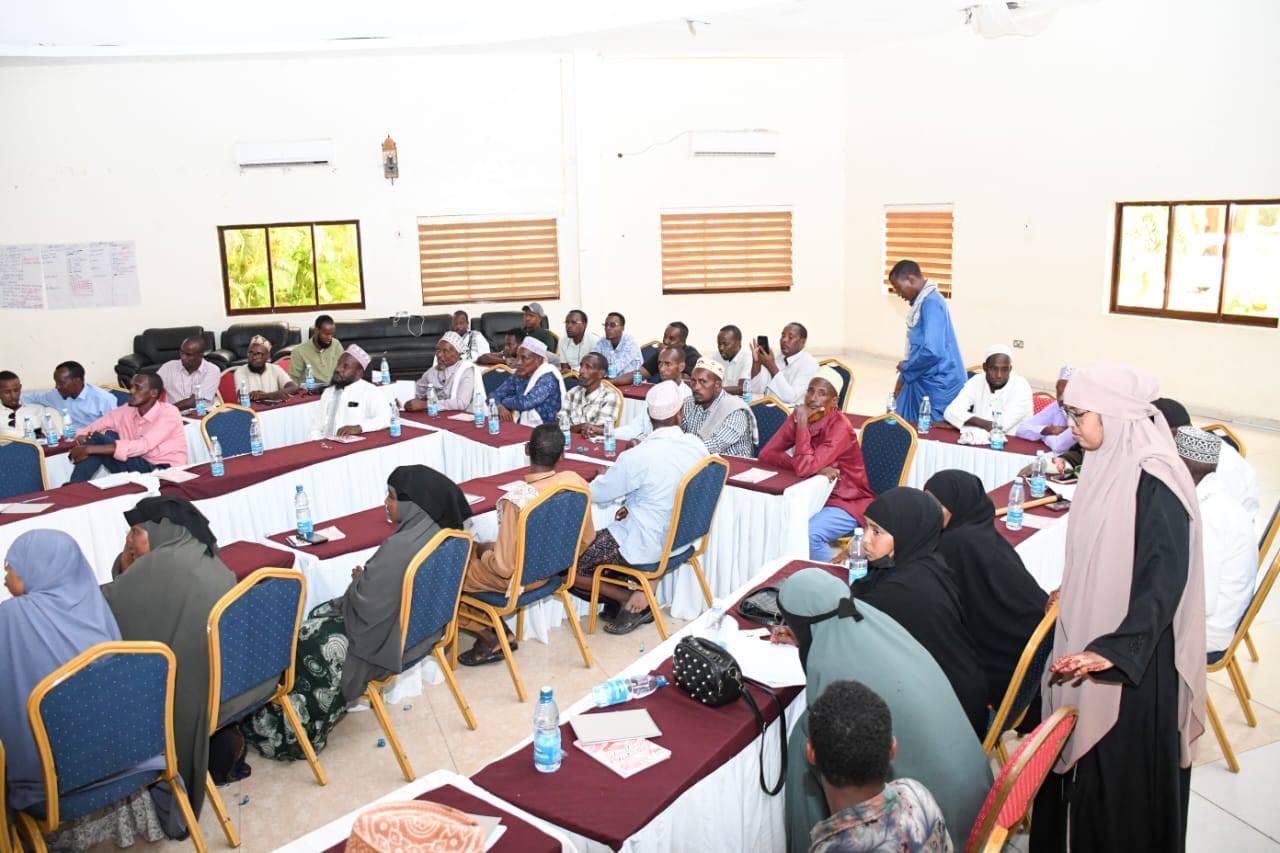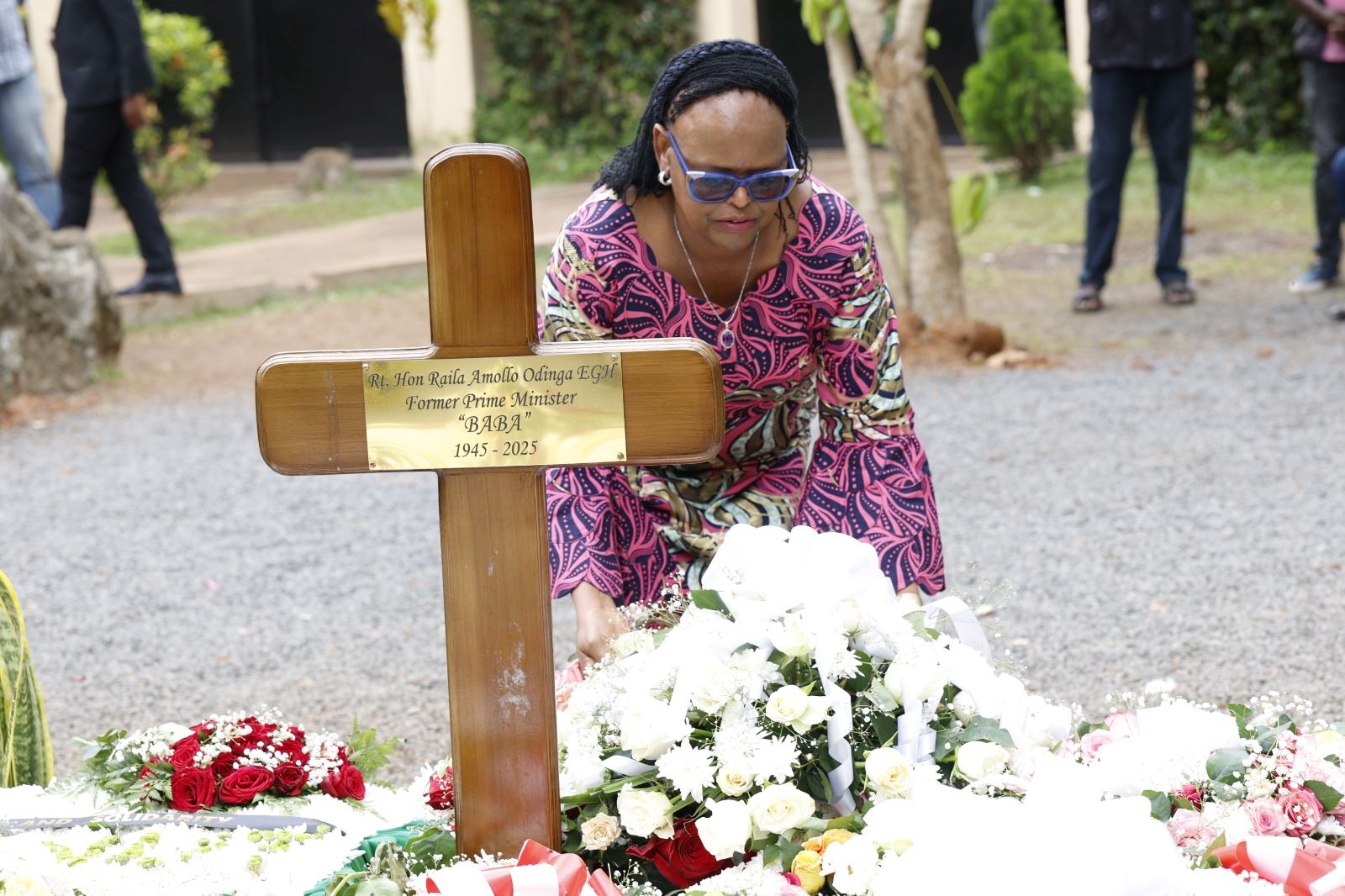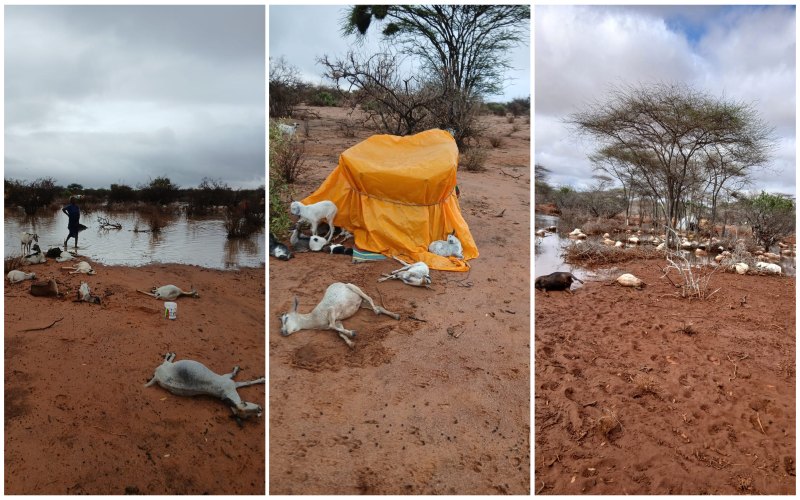Community champions in Garissa trained on combating zoonotic diseases amid floods

More than 50 community champions in Garissa town were trained today by county departments of health and veterinary services to report and respond to zoonotic diseases emerging during floods. As IGAD and FAO predict possible outbreak of Rift Valley fever.
More than 50 community champions in Garissa town were trained today by county departments of health and veterinary services to report and respond to zoonotic diseases emerging during floods. Dr. Haret Hambe, the Director of Livestock Services, stated that community animal health workers and health promoters from eight sub-counties would be on high alert to contain flood-borne diseases posing risks to both animals and humans during floods.
Dr. Hambe highlighted that the trainees were briefed on the risk factors, transmitting vectors, and management measures of these diseases. "Under the one health team supported by Save the Children, International Rescue Committee, and WFP, we have trained the community champions to sensitize communities and conduct syndromic surveillance of diseases that affect both humans and livestock," said Dr. Hambe.
More To Read
- Traders count heavy losses as inferno ravages Garissa’s Hagadera refugee camp market
- Construction work at Tana River Bridge disrupts water supply in Garissa
- Court nullifies Garissa’s Kamuthe Conservancy registration in landmark land rights ruling
- Garissa leaders warn poaching, foreign travel advisories threaten tourism
- Three teenagers arrested over Garissa mall robbery
- From struggle to strength: Garissa communities forge their own climate solutions
 Community animal health workers an community promoters during the trainning session.
Community animal health workers an community promoters during the trainning session.
Expressing concern about the high fear of waterborne disease outbreaks, Dr. Hambe emphasized that the team was equipped with the necessary training to detect and respond swiftly. He noted that with the current prevailing floods, IGAD and FAO have issued an alert predicting an 80% chance of a Rift Valley Fever outbreak in East Africa.
Dr. Hambe revealed that Garissa was identified as a high-risk area for Rift Valley Fever outbreak and other diseases prevalent during floods. He added that the consequences of an RVF outbreak include the loss of livelihoods, interruption of livestock and livestock product marketing activities, and human mortalities. The RVF outbreak of 2006/2007 in Kenya claimed 200 lives and caused over $12 million in losses in the livestock industry.
The trained community champions will also assist the veterinary department in responding to the vaccination of livestock.
Top Stories Today












































